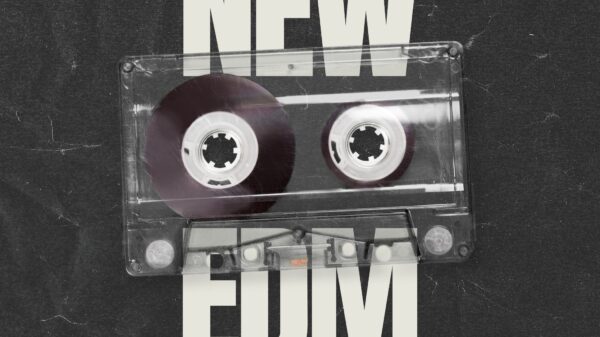Last week a few people began to notice that something did not feel right about Miss Tara's new release called ‘Runaway' on the Beatport charts. The song only received about 2,000 plays on SoundCloud, but was sitting at the #4 spot on the Beatport Top 100. Many people began to question Miss Tara's motives here as her Facebook only had 20,000 likes and each of her particular posts had no more than 30 likes. Soon people came to the conclusion that Miss Tara was buying Beatport downloads.
Yesterday Beatport took to their blog to acknowledge that some people have cheated their systems and in response Beatport wrote “we Monitor our charts daily, looking for anomalies. We’ve built and continue to improve upon technology to prevent chart-boosting efforts. We’re not saying we’ve succeeded or will succeed every time, but we’re getting better at it every day.”
“We’re flattered that a Beatport chart position can have such a profound impact on a DJ’s career. It’s what drives us to do everything in our power to ensure that the DJs gaining that recognition deserve it,” said Beatport. “To do so requires constant vigilance, innovation, and communication. Over the past few years, we’ve noticed an increase in services offering to boost a track’s Beatport chart position for a price.”
“When we spot a boosted record or track, we remove it from the store, and we’ll continue to do so. Our next step is to permanently ban the offending artists and labels. And we’re not bluffing.
As much as this type of thing saddens us, it makes us angry even more. To anyone tempted to use one of these so-called chart-boosting services, we urge you to first consider the cost. Not the monetary cost of what these scams charge, but rather the cost to your career, to your reputation, and the cost to your soul.
First, if you’re artificially boosting your sales to fake the demand needed to score a favorable chart position, you’re robbing someone else, someone more deserving, of that same spot. You’re doing more than cheating. You’re stealing. You’re lying. You’re taking false credit for something you didn’t earn, and you’re hurting someone else by doing so.
Second, chart-boosting rarely works. There are some very easy and obvious clues that help us spot the scammers. These scammers talk a good game, but they’re really just preying on the desperation of aspiring DJs in order to line their own pockets. More often than not, the money spent on these scams is just wasted.
Third, you might get caught. There’s nothing the Music Industry hates more than an exposed fraud. Do you really want to chance short-term gain for long-term embarrassment?”
As of yesterday, Miss Tara's track ‘Runaway' is no longer on the Top 100.















